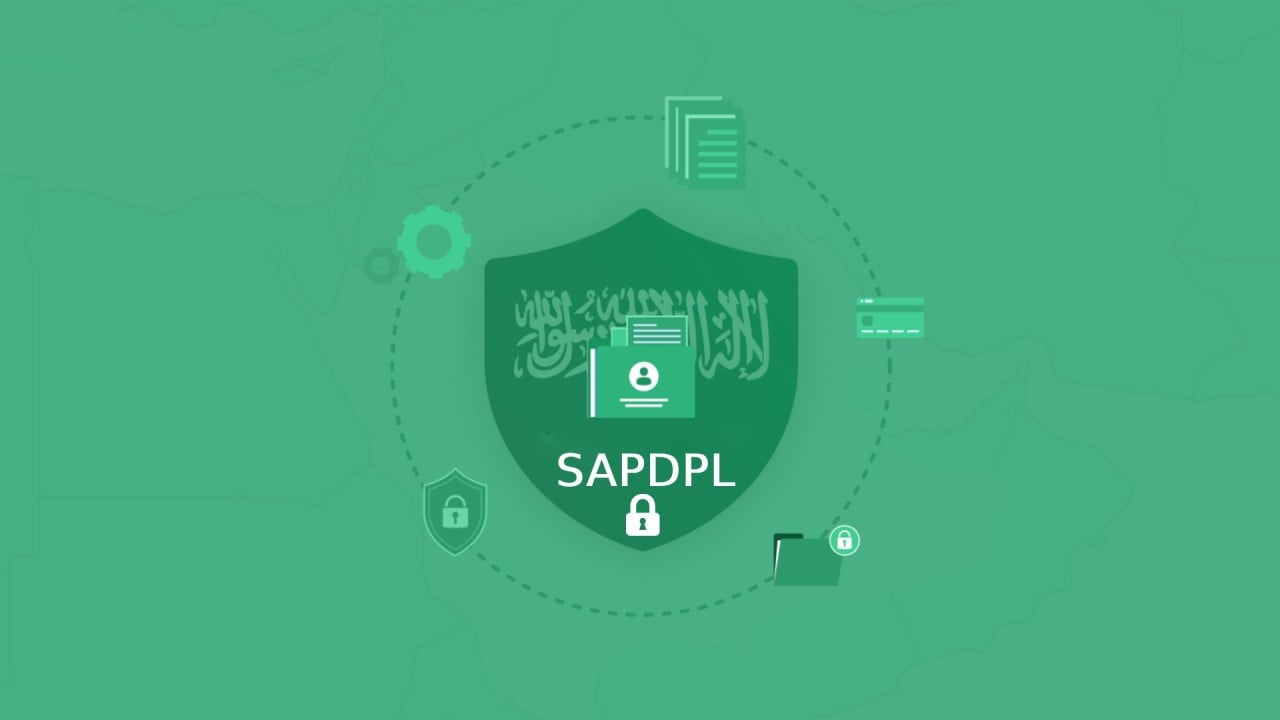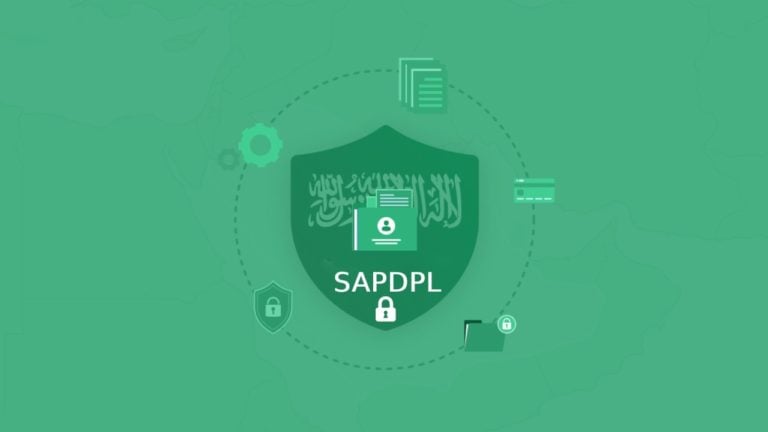As highlighted in my previous article a couple of months ago, as of September 2024, Saudi Arabia’s Personal Data Protection Law (PDPL) has officially come into effect, marking a significant milestone in the Kingdom’s journey toward safeguarding personal data in both public and private sectors. The law underscores the growing global emphasis on data privacy, aligning with international frameworks such as the GDPR in Europe.
But what does this mean for businesses operating in Saudi Arabia, and who within organizations should lead its implementation?
Industries Most Impacted by PDPL
The PDPL is designed to impact any organization that collects, stores, processes, uses, and / or disposes of personal identifiable information. The following sectors stand to be most affected:
1. Financial Services
Banks, insurance companies, and fintech providers are highly dependent on personal data to conduct transactions, assess creditworthiness, and manage customer relationships. Compliance with PDPL will require these institutions to revamp their data handling policies to ensure customer information is secured.
2. Healthcare
Hospitals, clinics, and pharmaceutical companies deal with highly sensitive personal data, such as medical records and patient histories. Any misuse or breach of this information could have catastrophic consequences, making it crucial for healthcare providers to establish robust data protection measures.
3. E-Commerce and Retail
Online retailers and e-commerce platforms collect vast amounts of consumer data to personalize shopping experiences and enhance customer service. With PDPL now in effect, these businesses must adopt stringent privacy protocols or face severe penalties for any data breaches.
4. Telecommunications
Telecom operators manage enormous volumes of user data, including location, communication logs, and subscription details. Compliance with PDPL will require them to rethink how they store, process, and secure this information, ensuring that it is only used for authorized purposes.
5. Technology Companies
Tech companies, including software developers, cloud service providers, and app developers, will need to ensure that their platforms and products are compliant with PDPL. This is particularly relevant for businesses that collect user data for analytics, advertising, or product development.
Who Should Lead PDPL Implementation?
The implementation of PDPL requires a cross-functional approach, but its leadership must be clearly defined. While it might seem like a purely technical challenge, it’s more about governance, risk management, and compliance. The following departments should be at the forefront:
1. Data Protection Officer (DPO)
A dedicated Data Protection Officer (DPO) should be appointed within organizations. The DPO will be responsible for overseeing PDPL compliance, handling data protection impact assessments (DPIAs), and acting as the point of contact for regulatory authorities.
2. Legal and Compliance
The legal and compliance teams will play a pivotal role in ensuring the organization’s data policies align with PDPL requirements. They will need to regularly audit internal practices and work closely with other departments to ensure that contracts, data-sharing agreements, and internal policies reflect the new law.
3. Information Technology (IT)
IT departments will have to spearhead the technical implementation of PDPL. This includes setting up data encryption, anonymization, and secure storage solutions, as well as ensuring that third-party software and platforms comply with the law.
4. Human Resources (HR)
Since PDPL also applies to employee data, HR departments must be involved in ensuring the protection of personal data during recruitment, performance evaluation, and day-to-day management. Policies for data access, storage, and retention should be updated to align with PDPL.
5. Executive Leadership
Ultimately, executive leadership must drive the adoption of a culture of data protection across the organization. This includes securing the necessary resources for compliance, fostering awareness, and ensuring that every department understands its role in safeguarding personal data.
6. Marketing
The Marketing department plays a critical role in the implementation and compliance of the Personal Data Protection Law (PDPL), particularly because marketing activities often involve the collection and use of personal data.
Marketing’s Role in PDPL Compliance
1. Data Collection and Consent Management Marketing teams are responsible for gathering personal data from customers and potential leads through channels like websites, social media, email campaigns, mobile apps, digital campaigns, WhatsApp, loyalty programs, etc. Under PDPL, it’s essential that all data collection processes obtain clear, explicit consent from individuals. Marketing must ensure that:
- Consent forms are compliant, clear, and accessible.
- Opt-in mechanisms are implemented for newsletters, promotions, and data collection (e.g., via cookies on websites).
- Data usage transparency is maintained, ensuring customers know how their data will be used (e.g., for personalized marketing, analytics, etc.).
2. Data Minimization Marketing departments often gather large amounts of customer data to personalize campaigns and improve targeting. PDPL mandates data minimization—only the data necessary for specific marketing objectives should be collected. Marketing should review existing data collection methods to ensure compliance by:
- Reducing the scope of data fields on forms and surveys.
- Avoiding excessive data gathering, especially when not directly linked to marketing needs.
- Ensuring that only relevant data is stored and processed for future campaigns.
3. Data Retention and Deletion Marketing departments must have clear data retention policies in place to comply with PDPL’s data storage requirements. Under the law, companies are required to:
- Retain personal data only for as long as necessary for marketing purposes.
- Develop processes for the timely deletion or anonymization of customer data after campaigns end or if a user requests data erasure.
- Implement data retention schedules that align with PDPL standards and work with IT teams to ensure automated deletion where possible.
4. Third-Party Vendor Compliance Many marketing teams work with third-party vendors for email marketing platforms, advertising agencies, or customer data platforms. Marketing departments must ensure that:
- Vendors are PDPL-compliant and have adequate data protection measures in place.
- Data processing agreements (DPAs) are established with external partners to ensure they meet PDPL’s security and data processing obligations.
- Regular vendor audits are conducted to check their adherence to data protection laws.
5. Customer Rights ManagementPDPL grants customers specific rights over their personal data, including the right to access, correct, or delete their information.
Marketing departments need to:
- Create easy-to-use processes for customers to exercise their rights, such as opting out of marketing communications or requesting data deletion.
- Coordinate closely with the IT and legal teams to respond to data subject requests (DSRs) promptly and in compliance with PDPL.
6. Training and Awareness As marketing is on the front line of customer interaction, it’s crucial that marketing teams are well-trained on PDPL requirements.
Marketing departments should:
- Educate all team members on how PDPL impacts day-to-day operations, such as targeting practices, customer profiling, and segmentation.
- Ensure that personalization strategies respect customer privacy and do not infringe on PDPL by using excessive data or automated decision-making without consent.
Repercussions for Non-Compliance
Non-compliance with PDPL can have severe financial, operational, and reputational repercussions for organizations. Some of the key penalties include:
1. Financial Penalties
Organizations that fail to comply with PDPL face substantial fines. The law allows for penalties of up to 5% of annual turnover, or SAR 5 million, whichever is higher. This is in line with international data protection laws, highlighting the seriousness with which the Saudi government is approaching compliance.
2. Operational Disruptions
Non-compliance may result in restrictions on data processing activities, significantly disrupting business operations. Companies may be prohibited from collecting or processing personal data until they demonstrate compliance, which could halt services and affect customer relationships.
3. Reputational / Confidence Damage
In today’s digital age, trust is paramount. Companies found to be in violation of PDPL could suffer long-term reputational damage, especially if data breaches or misuse of personal information become public. Customers and business partners may be less inclined to engage with organizations that do not take data privacy seriously.
4. Legal Consequences
In addition to fines, organizations may face legal action from affected individuals or businesses. This could result in costly litigation, further draining resources and diverting focus from core business activities.
Conclusion
As the PDPL comes into full effect, organizations across Saudi Arabia must take proactive measures to ensure compliance. The industries most impacted must prioritize data protection, not only to avoid penalties but also to foster trust with customers.
Leadership in PDPL compliance should come from a collaborative effort between data protection officers, legal teams, IT departments, and executive management. Non-compliance carries hefty repercussions, both financially and reputationally, making it crucial for businesses to act now.
Saudi Arabia’s commitment to personal data protection signals a new era of accountability and trust in the Kingdom’s evolving digital landscape. How businesses respond to this challenge will shape their future success in an increasingly data-driven world.





